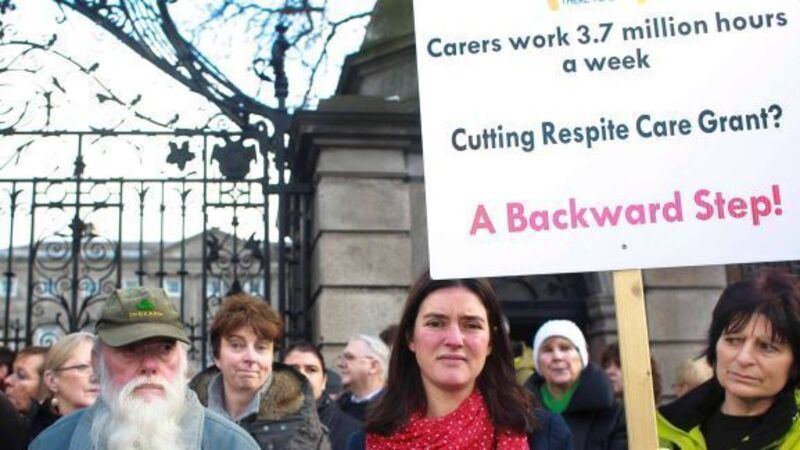‘We’re not costing the State ... we are saving it €4bn a year’

For past taoisigh like Bertie Ahern and Brian Cowen, it represents how much they earn in just over 17 hours from their annual state pension of €164,526.
For the 166 TDs who will vote on this year’s budget, it equates to just over a day’s pay. And for some consultants who are routinely hired by the Government to advise on a range of issues, it’s probably less than what they bill for an hour of their valuable time.













